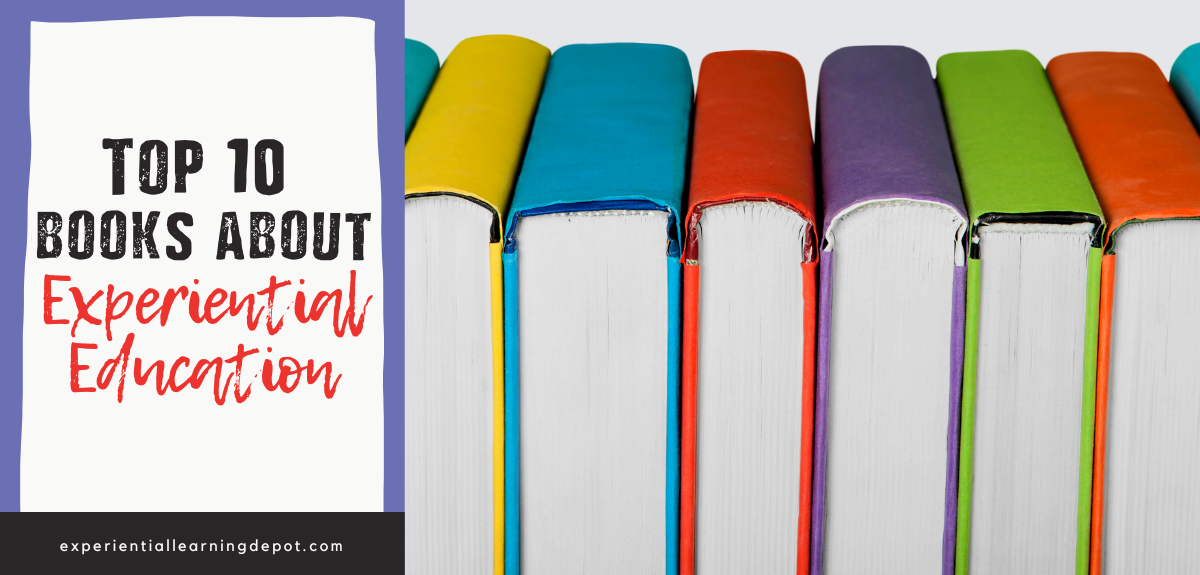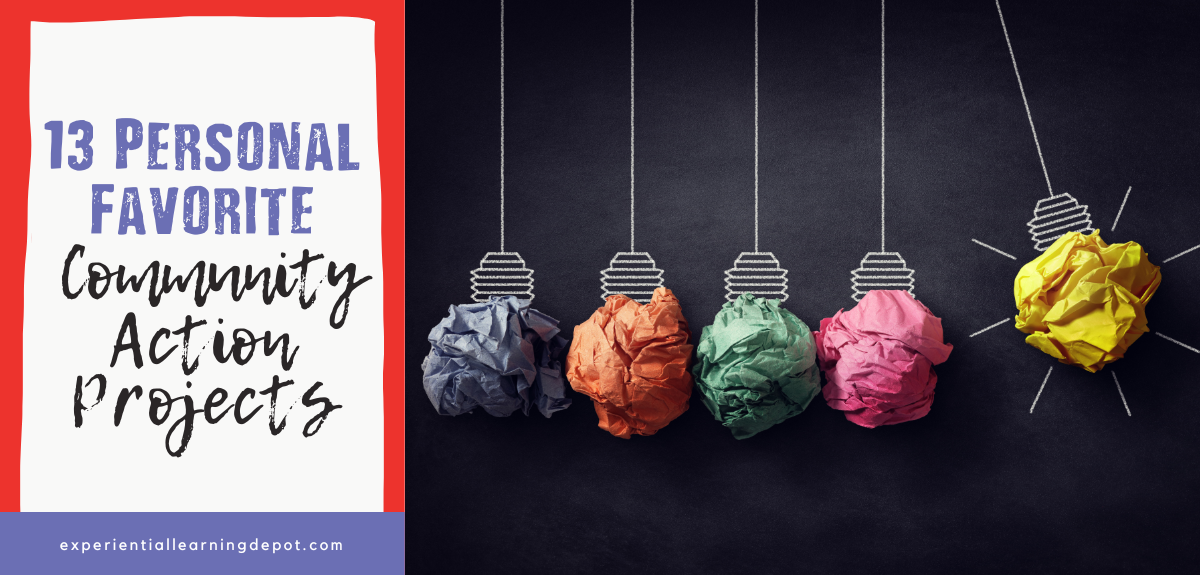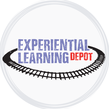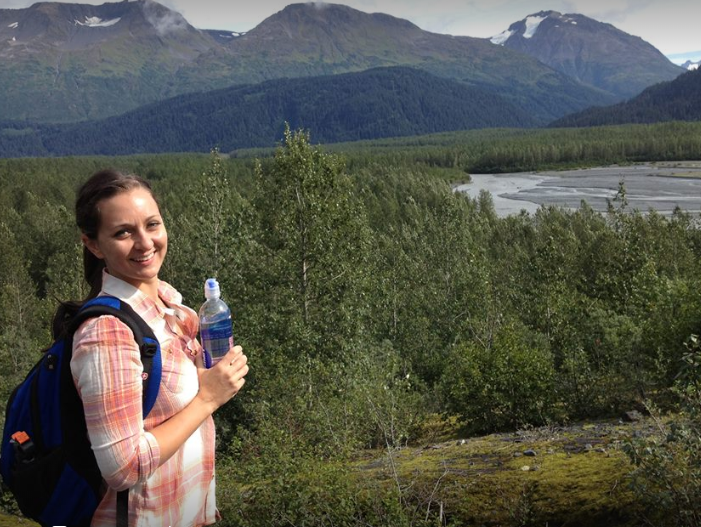|
I love a good summer maker project! At the beginning of the design thinking process, sometimes kids need a little scaffolding. This blog post offers you and your kids 25 design thinking project ideas for the anytime of the year, but they are especially fun in the summer!
Keep kids engaged and practicing awesome life skills all summer long!
1 Comment
"Everyone is a genius. But if you judge a fish by its ability to climb a tree, it will live its whole life believing it is stupid."
I believe Albert Einstein said this, but it's been debated. This quote has also been criticized for a few reasons, one being that by calling everyone a genius, especially children, that they may believe they don't have to work hard in life. I don't really see it that way. What it means to me is that when it comes to learning, not all children are the same and shouldn't be treated as such.
How can you teach resume writing and building to high school students who don't have experience? High schoolers are young, so understandably, may not have robust resumes yet. YET. But there's always time, especially with guidance from parents and teachers.
Experiential learning is something special, but can be misunderstood or tricky to envision in the context of a school, classroom, or homeschool learning environment. That's why I have compiled a list of some free experiential learning lesson plan templates and tools; to support you through implementation of experiential learning! Let's dive in.
Experiential education is taking the world by storm, especially our post-pandemic world.
If you are an aspiring or even practicing experiential educator looking for more information about experiential learning or could use a boost of inspiration, I highly recommend that you start by reading some books about experiential education written by the experiential learning greats! Identifying experiential learning activities for a classroom learning environment can feel tricky at times.
In the world of experiential learning, there is a lot of talk about theory and philosophy; about what experiential learning is and what it is not, the benefits of experiential learning, and the purpose of it. But the most common question that I get from educators is not about experiential learning in theory but about experiential learning in practice.
If you were to ask me, "How can I make my high school summer school class fun, engaging, and personally meaningful?" (and not just for the kids), I would say to make personalized, self-directed project-based learning the foundation of your high school summer school class! Why? Let's take a look.
Awareness around mental health has evolved significantly over recent years. The stigma around mental health has changed dramatically between now and when I was a child, but there's still more work to be done, especially as it relates to teen mental health. Inside this post, you'll find 20 mental health awareness activities for students!
Community action projects are student and personal learning experience favorites all times of year, but spring time is an especially great time for them for a variety of reasons.
Spring is here, the weather is warming, and students are getting antsy. The school year is wrapping up for many. Teachers want to end the year on a high note, but are also exhausted and don't know how much more they have left to give! It's testing season, graduation season, grade report season. Ah! Spring is bonkers in the world of education. So what better way to cruise through the rest of the year than with a community action project (CAP)? How do you engage students at the end of the year? Ahhhh one of life's biggest questions!
I don't know about you, but my high school students are ready to be done after spring break, and it SHOWS big time. What do I do about it? How do I engage them at the end of the year? I let them choose from some of their favorite experiential learning activities. |
Blog IntentTo provide innovative educational resources for educators, parents, and students, that go beyond lecture and worksheets. AuthorSara Segar, experiential life-science educator and advisor, curriculum writer, and mother of two. Categories
All
|












 RSS Feed
RSS Feed